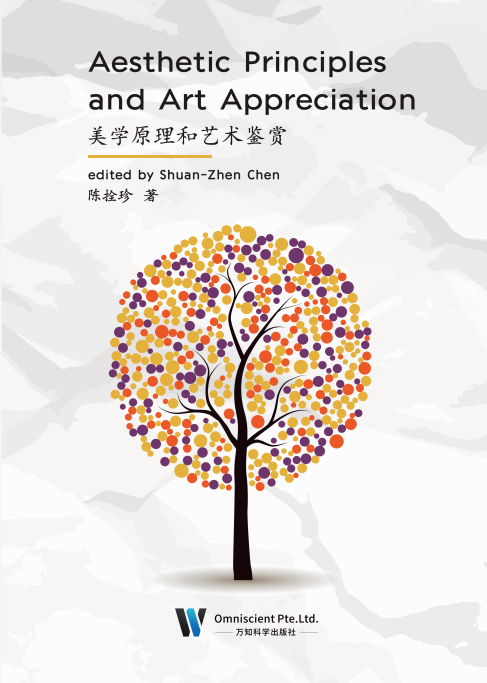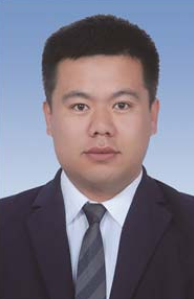
Preface
Can we imagine that there is no beauty in human life? For example, the house only needs to keep off the wind and rain, the clothes only need to be warm and durable, and the utensils only need to be practical and durable. Maybe people can endure such a life for a short time under special conditions, but in the long run, the human heart will be exhausted, they will no longer have the motivation to pursue ideals, and human society will collapse. This kind of human life is incredible. Especially in 21st century, almost everywhere in our life is permeated with the factors of beauty and art: street greening, lighting layout, decoration and music of shopping malls and shopping centers, commodity design and packaging, overwhelming advertising, as well as fitness, tourism, plastic surgery are all related to beauty.
Modern Chinese uses “perfect” and “happy” to refer to the ideal state that people desire, which uniquely shows that beauty is the constituent element of the highest value. From the word “beautiful”, we can deeply appreciate the meanings of such words as “Virtue”, “good name”, “good tale” and “good wish”, and then we can understand the motivation, way and result of human society’s praising behavior. We need not only “good”, which is ethically beneficial to others and society, but also “beauty”. Therefore, from the perspective of today’s civilized society, beauty is not only a kind of sensory enjoyment, but also a kind of spiritual enlightenment and life realm.
前 言
我们能够设想人类的生活中没有美一例如房子只要挡风遮雨、衣服只要保暖耐穿、器物只要实用坚固等这样的生活吗?也许,人在特殊的条件下可以短时间忍受这样的生活,但从长久来看,这样的人类生活是不可思议的。因为人类的心灵将因此而枯竭,不再有追求理想的动力,人类社会将由此陷于瘫痪。特别是在 21 世纪的今天,我们的生活中几乎无处不渗透着美、艺术的因素:街道绿化、灯光布置,商场和购物中心的装饰和音乐,商品设计及其包装、铺天盖地的广告,以及健美、旅游、整容,无不与美观、漂亮有关。
现代汉语以“完美”“美满”来指称人所希求的理想状态,颇为独特地说明了美是最高价值的构成要素。我们从“美好”一词去深入体味诸如“美德”“美名”“美谈”“美意”等词语的含义,便会理解人类社会褒扬的行为动机和行为方式以及行为结果,不只是需要“好”一伦理上有益于他人、社会的“善”,而且还需要“美”。因此,从今天文明社会来看,美不仅仅是人的一种感官享受,同时也是一种精神启迪和生活境界。

Shuan-Zhen Chen, male, the Han nationality, born in Baotou, Inner Mongolia in September 1987. He is a master of art from the National Academy of Chinese Theatre Arts and a postgraduate of art theory from Inner Mongolia University. He has long been engaged in art research. Now he is a professional teacher of Art Appreciation Course in Ulanqab Medical College. In 2016, he participated in the compilation of “Prairie Series Cultural Books - Film Volume”; he successively published articles such as “Analysis of Opera Elements in Daola Opera of Yuan Dynasty” and “Analysis of the Artistic Beauty of Local Opera - Taking song-and-dance duet in Inner Mongolia as an Example”. Since 2010, he has served as the director of various large-scale comprehensive evening shows for many times.
陈拴珍,男,汉族, 1987 年 9 月生,内蒙古包头人,中国戏曲学院艺术硕士,内蒙古大学艺术学理论研究生,长期从事艺术方面的研究。现为乌兰察布医学高等专科学校艺术鉴赏课程专业教师。 2016 年参编《草原系列文化丛书—电影卷》;先后发表《元代倒喇戏中的戏曲元素探析》、《探析地方戏曲的艺术之美——以内蒙古二人台为例》等文章。 2010 年至今,多次参与各类大型综合晚会编导工作。